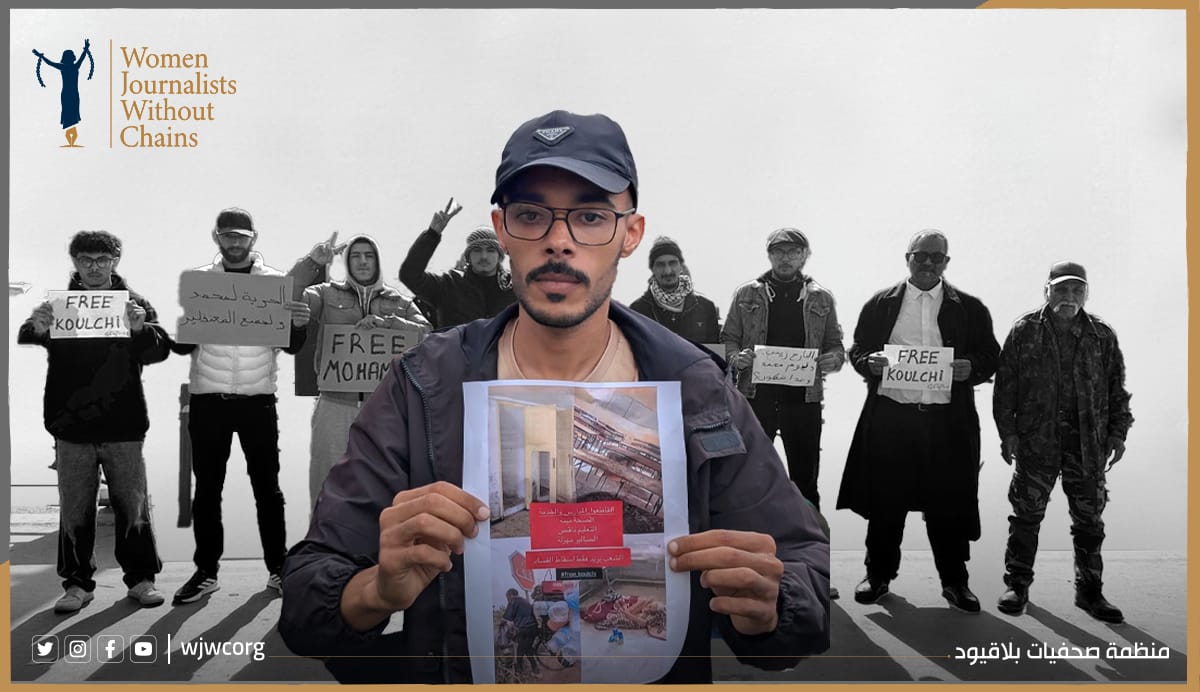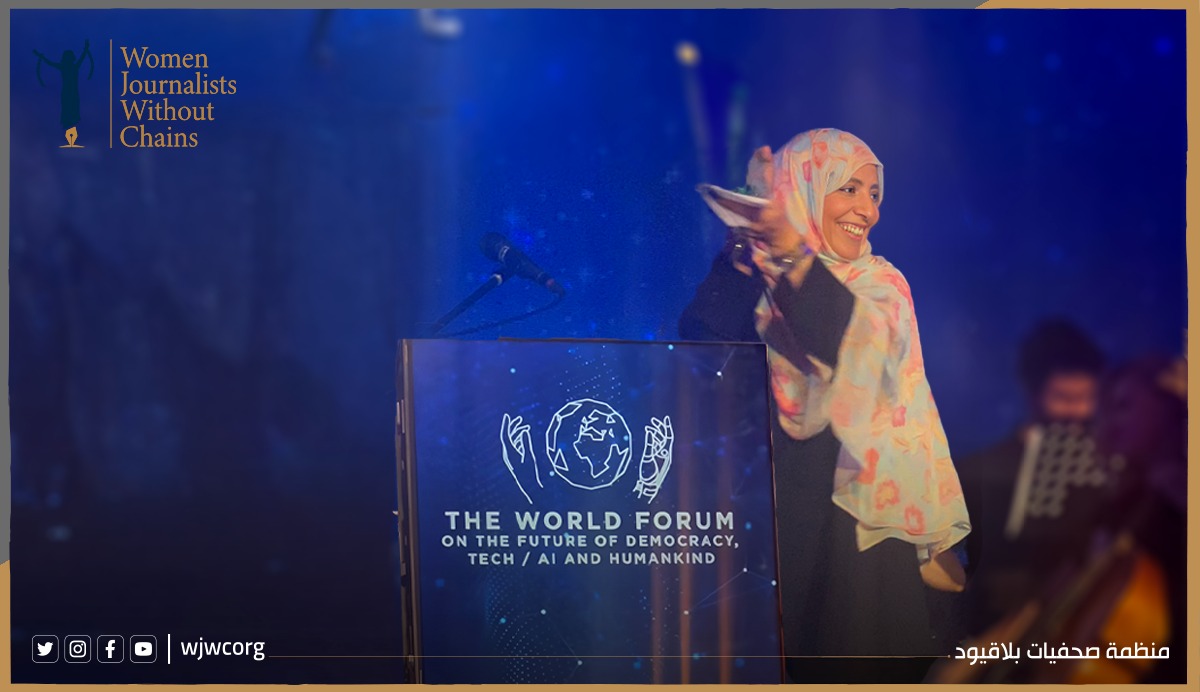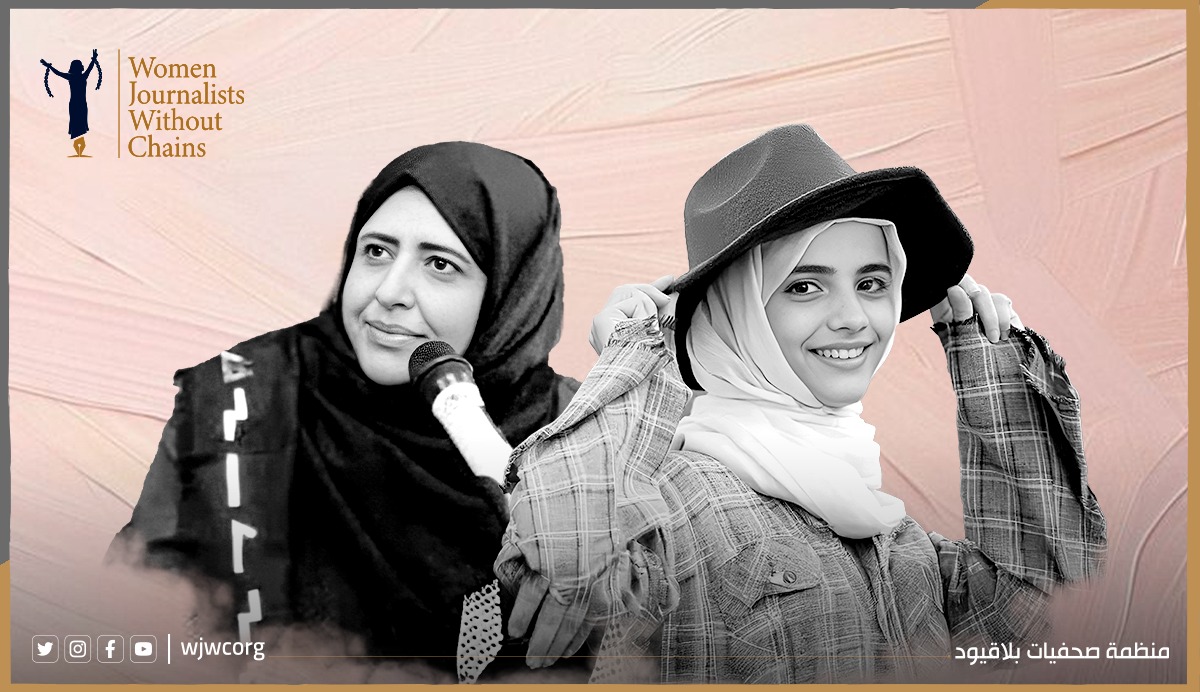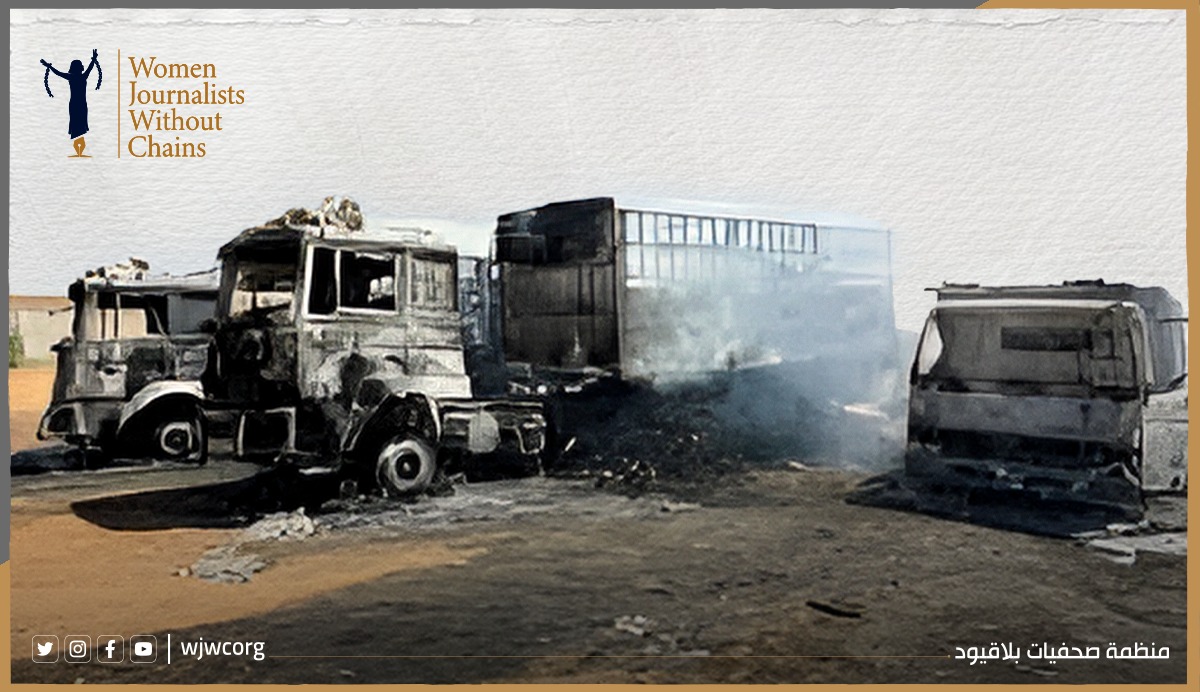On International Human Rights Day (December 10th), Women Journalists Without Chains (WJWC) emphasizes the significance of this day as the culmination of humanity's long struggle for rights and dignity.
This struggle, born of great sacrifice, has led to the declaration of universal principles that protect human dignity and fundamental rights, establishing a common language for freedom worldwide.
WJWC calls for respect for human rights as a comprehensive and indivisible system. This day is not merely symbolic; it is an opportunity to reflect on the challenges hindering the realization of human rights. These challenges, manifested in widespread violations, demand collective action. We must cultivate a culture of human rights, practicing these values daily rather than merely raising slogans on special occasions.
The rise in armed conflicts and the targeting of civilians in recent years poses a grave threat to the human rights system. The failure of international mechanisms to effectively address these violations has fueled disillusionment. WJWC emphasizes the urgent need for collective action to uphold human rights as fundamental rights essential for peace and justice, not privileges granted by states.
As we observe International Human Rights Day, we confront the grave challenge of the world's inadequate response to the war crimes and acts of genocide occurring in the Middle East and North Africa. Hundreds of civilians are killed daily in Gaza due to Israeli actions. In Sudan, conflict parties—particularly the Rapid Support Forces—are conducting a brutal campaign of mass killings, rape, looting, and forced displacement based on ethnicity and identity.
Thousands of Lebanese civilians have lost their lives in the recent war waged by Israel. In Syria, the civil war has intensified, resulting in numerous civilian deaths. Despite a fragile ceasefire, civilian casualties continue to rise in Yemen. Iraq grapples with sectarian and tribal divisions exacerbated by armed groups. These conflicts have led to unprecedented internal displacement, with approximately 15.6 million people forcibly displaced, according to the UNHCR.
Authoritarian regimes in the Middle East and North Africa, both longstanding and emerging, continue to subject their citizens to horrific torture. Security forces and armed groups perpetrate countless violations of rights and freedoms without fear of repercussions or accountability. The region is witnessing a troubling decline in the human rights and legislative landscape, where the absence of basic freedoms and restrictions on the press and human rights activism have become defining characteristics in many countries.
Despite these challenges, WJWC remains steadfast in its commitment to defending human rights, standing in solidarity with all free individuals across the region and the globe. The organization firmly believes that building just and free societies can only be achieved through persistent struggle and resolute courage.
WJWC highlights the structural crises afflicting international human rights institutions. These crises have compromised the neutrality and effectiveness of these bodies, rendering their decisions vulnerable to political interests. This was particularly evident in the hesitant and inconsistent responses to the horrific crimes recently committed in Gaza. Such a reality demands concerted efforts to reform the international system, enhance transparency, and ensure that these institutions fulfill their responsibilities free from political calculations and influence.
While WJWC appreciates the international resolutions and treaties that have laid the groundwork for human justice, it underscores the necessity of translating these resolutions into concrete actions. International resolutions, including those addressing war crimes in Gaza, will not bring about justice unless there is a unified international effort to hold perpetrators accountable and ensure redress for the victims.
WJWC concludes its statement by calling on everyone—individuals and institutions—to renew their commitment to the humanitarian principles that form the foundation of our common dignity. Dignity, freedom, and justice are not just slogans, but rights that we must protect through our sacrifices and collective efforts. Let us work together to build a world that is fair to all and leaves no one behind.
Released by:
Women Journalists Without Chains
December 10, 2024

 En
En  Ar
Ar 
